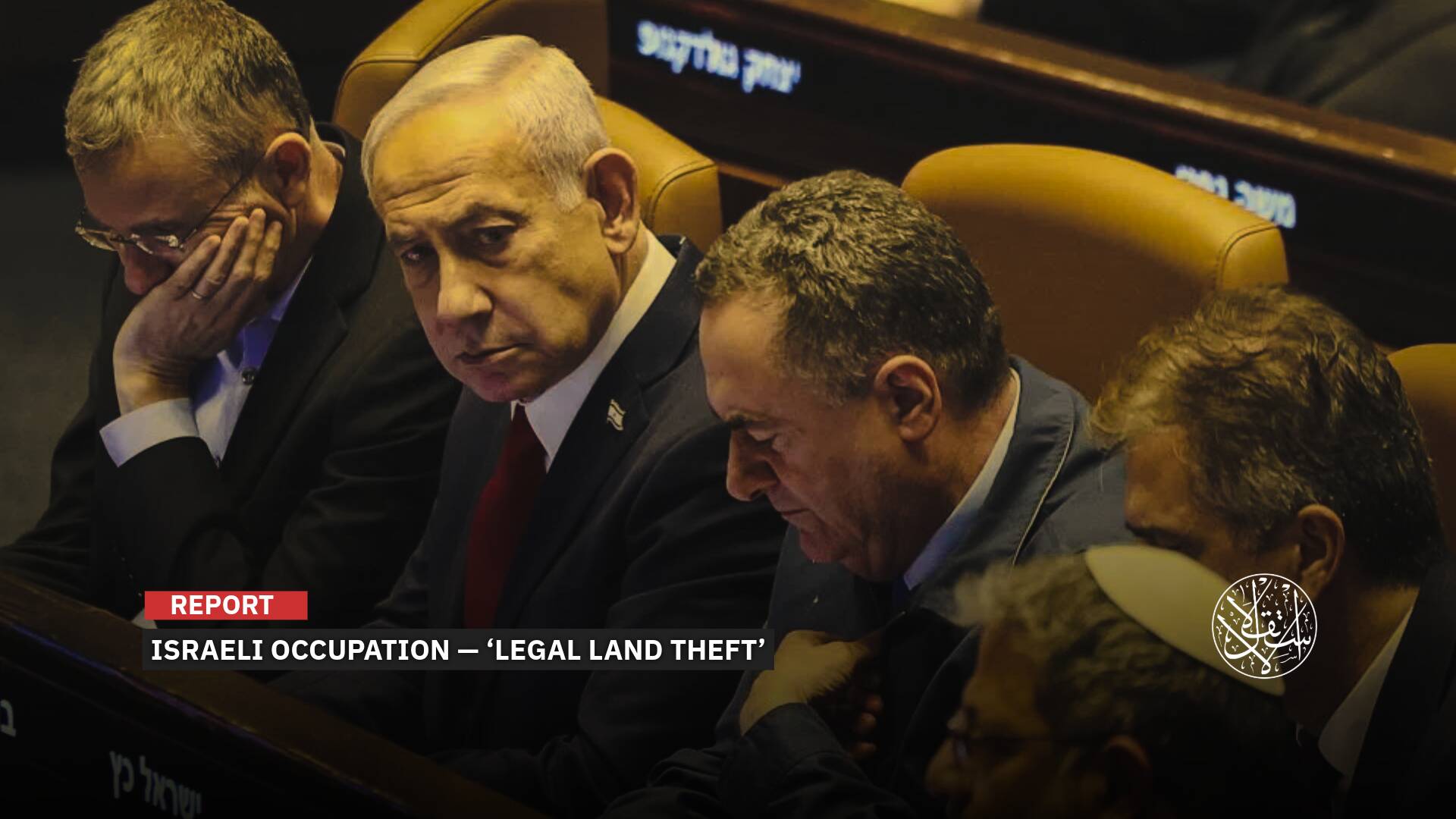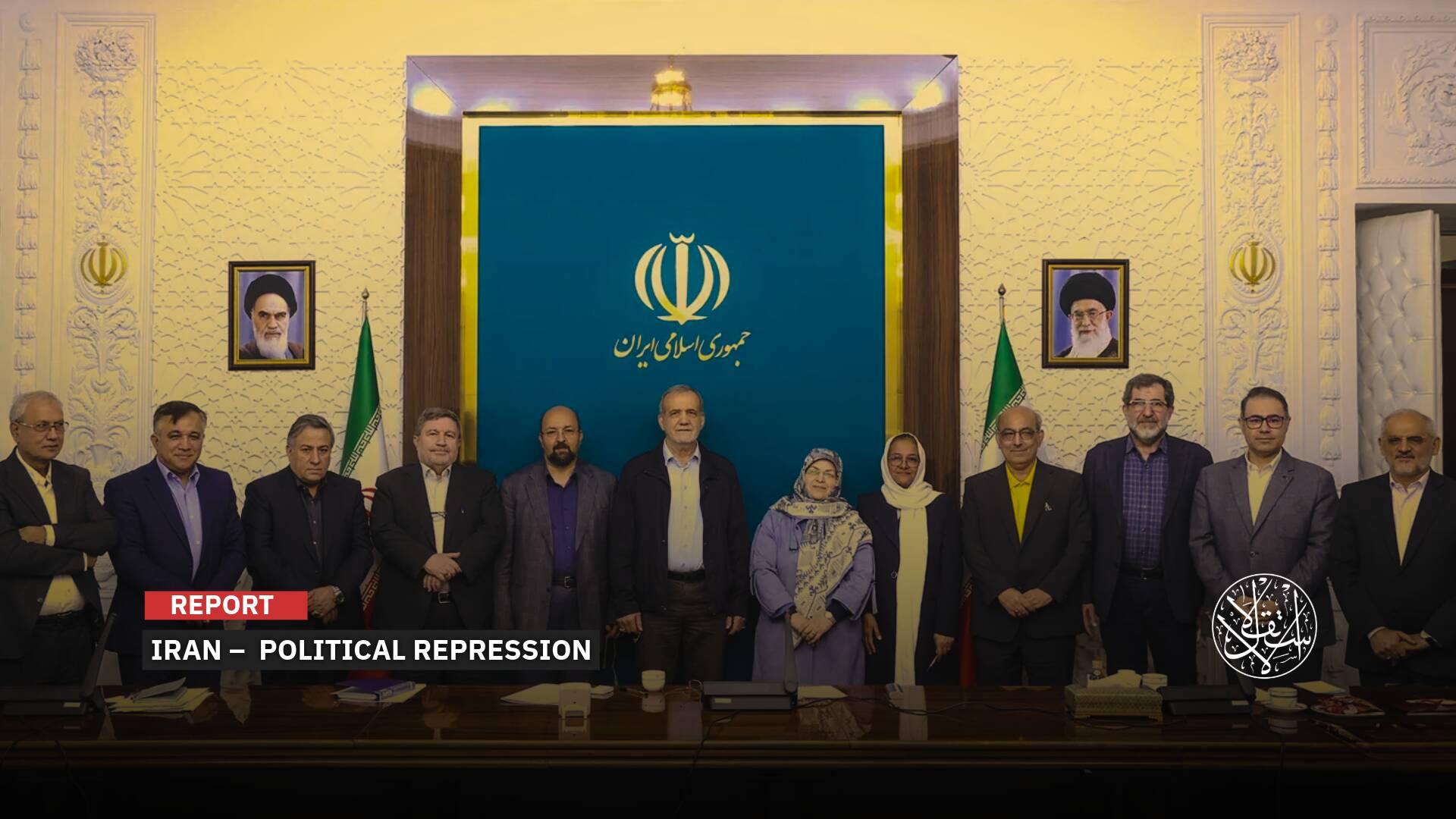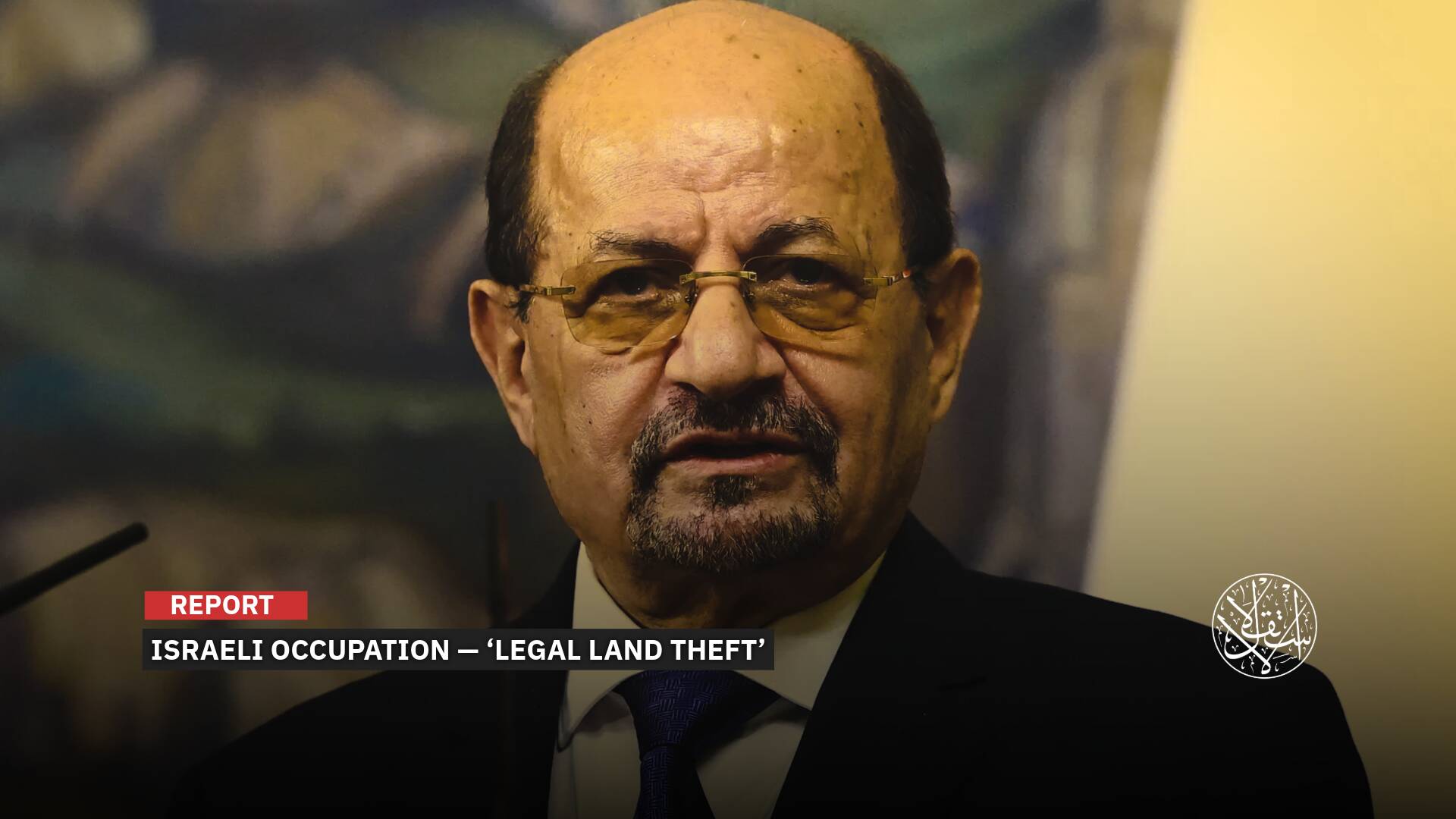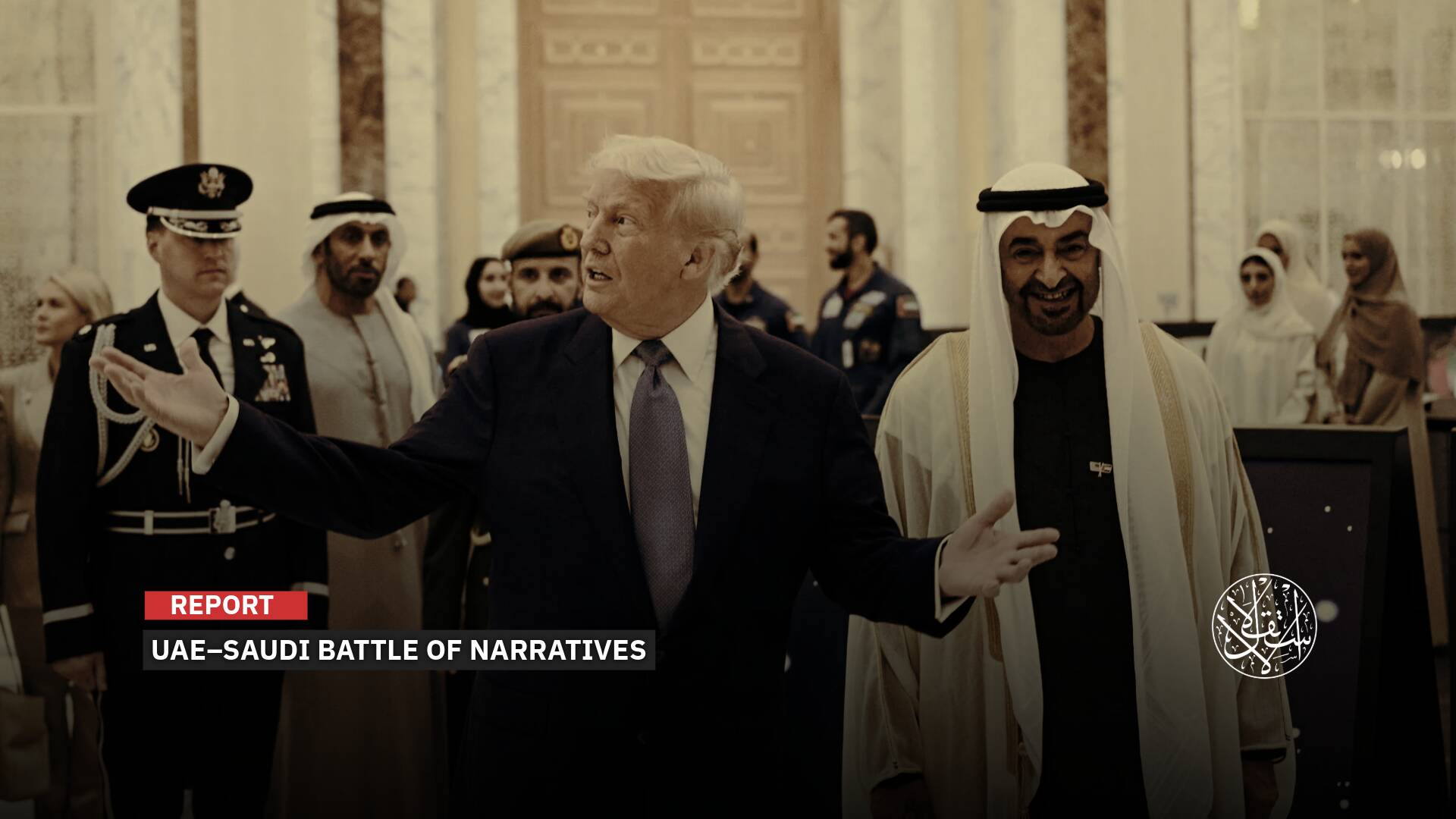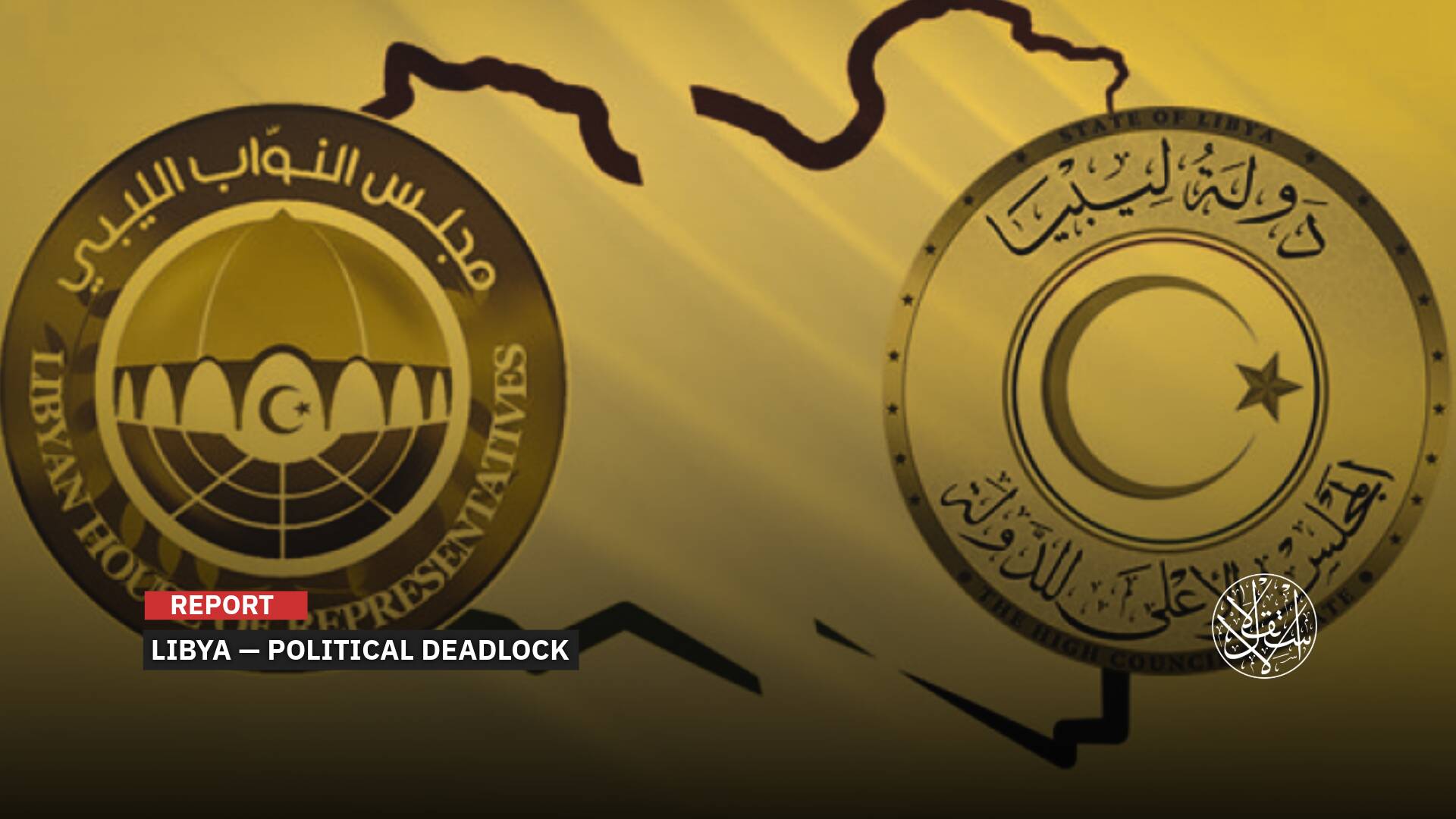Can Syria’s New Administration Strengthen Its Relations With China?

“China has been carefully assessing its policy towards Syria since the fall of Assad in December.”
China is one of the world's powers that has adopted a cautious and pragmatic foreign policy toward the Middle East, particularly regarding the Syrian issue.
A week after the fall of Bashar al-Assad, Chinese Foreign Minister Wang Yi expressed grave concern about the situation and called for urgent efforts to prevent terrorist and extremist forces from exploiting the chaos.
However, Beijing quickly demonstrated diplomatic flexibility by sending Ambassador Shi Hongwei to meet with Syria's new rulers less than two months later, indicating that China is closely monitoring the changes and acting to protect its interests.
It is worth noting that China was an ally of ousted President Bashar al-Assad, supporting his regime politically and economically, and vetoing several UN resolutions on Syria alongside Russia. This raises questions about the nature of future relations between China and Syria’s new administration.
From Beijing’s perspective, it’s hard to ignore that Syria’s new rulers are from Hayat Tahrir al-Sham, a militant group that has long hosted fighters from the Turkistan Islamic Party (TIP).
From Damascus’ perspective, it's too soon to forget decades of Chinese policy backing the Assad regime.
Unclear Relations
On December 8, 2024, the Syrian embassy in Beijing quickly raised the new Syrian flag, coinciding with the Syrian opposition's seizure of power in the country.
It also issued a statement celebrating the overthrow of Bashar al-Assad, without mentioning China's diplomatic support for his regime over the past years.
“We affirm that we rely on the Chinese role in removing the unjust sanctions on Syria, and later in the reconstruction mission,” the statement added.
More than two months after the fall of the Assad regime, the first official public meeting took place between Syrian interim President Ahmed al-Sharaa and the Chinese ambassador to Damascus, Shi Hongwei, at the People's Palace in the Syrian capital, Damascus.
Despite this step, what was discussed between the two sides has not yet been publicly revealed, leaving the future of relations between China and Syria unclear, according to observers.
The meeting also came days after a press conference held by the Chinese Ministry of Foreign Affairs, specifically on February 18, during which Ministry spokesperson Guo Jiakun expressed China's strong reservations about lifting international sanctions on Hayat Tahrir al-Sham for this reason.
He also called on Syria's new rulers to take firm and practical steps to address the concerns of the international community, including China's, particularly regarding counterterrorism.
Before and after the fall of the Assad regime, China has publicly broken its silence several times to highlight the issue of Uyghur fighters in Syria, which has long been a major concern for Beijing, especially after reports emerged that some of them had been appointed to leadership positions within the new Ministry of Defense.
At least one of the high-ranking commander-level appointments is an Uyghur — Abdulaziz Dawood Khodaberdi (known as Zahid), who has been recognised as a former commander of the TIP in Syria.
It is noteworthy that on the day of the fall of the Assad regime, fighters from the TIP, who descend from China's Muslim Uyghur minority, released a video in which they said, “We fought in Homs and Idlib, and we will continue to fight in East Turkestan,” referring to the name the party uses for the Uyghur homeland in Xinjiang, western China.

Chinese Role
Recently, the Washington Institute revealed that China has begun reevaluating its relationship with the new Syrian administration, as it seeks to consolidate economic gains in a pivotal Middle Eastern country.
Nevertheless, it said that China called on Syria's new leaders last March to fulfill their commitments to combat terrorism and take action against the TIP.
It believes that China's interests in Syria have always been linked to two factors: First, protecting its companies and economic interests, especially after the losses it suffered in Libya following NATO's intervention there.
It is noteworthy that Chinese companies there have suffered millions of dollars in losses, and officials have been forced to evacuate approximately 30,000 Chinese civilians.
The second factor, according to the institute, is obtaining security and intelligence information about Uyghur citizens who have joined armed groups in Syria, as Beijing fears their return and the threat they pose to domestic security.
For his part, al-Sharaa has said foreign fighters were an integral part of the rebel victory and has mused that providing them with citizenship was something worth looking at.
His government has also attempted to assure others that it no longer has global jihadi ambitions.
According to observers, improving relations between China and the new Syrian administration requires Damascus to provide guarantees to Beijing regarding the Uyghur issue, given that the TIP, officially established in 2015, still dreams of secession from China in Xinjiang Province.
In addition, China wants to strengthen its relations with the new Syrian administration because it has other goals related to Syria's important location in China's Belt and Road Initiative. Therefore, Beijing aspires to invest in the ports of Tartus and Latakia in agreement with Russia.
The Belt and Road is a Chinese initiative built on the ruins of the 19th-century Silk Road to connect China to the world, making it the largest infrastructure project in human history.
Syria joined this initiative in 2022, but it has not attracted significant investment from Chinese companies for several reasons, including Western sanctions.

Pragmatic Approach
The Washington Institute also confirmed that relations between Beijing and Damascus have witnessed only four meetings since the fall of the Assad regime, most of which focused on trade and agricultural cooperation.
These initial efforts to rebuild political relations and enhance commercial interests indicate that Beijing may be adopting the same pragmatic approach it took after the US withdrawal from Afghanistan in 2021 and the Taliban's return to power.
Since then, China has been the most politically and economically engaged country with Afghanistan, despite the Taliban previously being a key ally of the TIP.
While Beijing has long been willing to overlook radical elements for the sake of business—as seen in Iraq, Afghanistan, and Libya—Western sanctions on Syria are changing the calculus.
Even under Assad, trade between China and Syria was steadily declining during the war.
China did provide aid and sought investment opportunities in Syria’s oil and gas sectors, but with limited return.
Now, with US sanctions still firmly in place, Beijing is likely to adopt a wait and see approach before committing any serious investment.

For his part, analyst Yahya Sayed Omar explained to Al-Estiklal that “the new Syrian administration seeks to strengthen relations with global powers, including China, to assist in reconstruction, but US and Western sanctions may make Chinese companies hesitant to enter the Syrian market.”
He also noted that, in light of US President Donald Trump's threats of war against China, Damascus's rapprochement with Beijing could have significant geopolitical implications, adding that Syria could benefit from this rapprochement to strengthen its economy, but that this could lead to further US pressure and sanctions.
“If the new Syrian administration adopts a pragmatic approach, it is expected to maintain a strong relationship with China, given its important international role and its previous support for the Assad regime in the Security Council,” he added.
“However, if it seeks to restructure its foreign policy toward greater openness to the West, China's role may gradually decline, especially with the growing Syrian-Turkish rapprochement,” Mr. Sayed Omar concluded.



